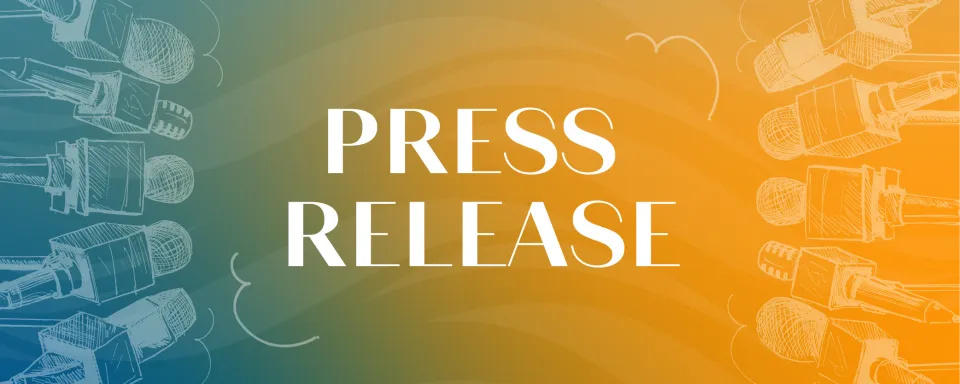- Home
- /
- Statement by NWAC President Carol McBride on National Day for Truth and Reconciliation
Published on September 29, 2023

On this national day set aside for honouring the victims and survivors of the Indian residential schools, some Canadians may ask why we cannot move on.
Now that the Truth and Reconciliation Commission (TRC) has exposed the horrors of the institutions, why can we not put the past behind us and devote all our energies to creating a better future?
The simple answer is that, for Indigenous people – for us, as Indigenous women, girls, Two-spirit, transgender and gender diverse people – the residential schools are not just a thing of the past. They are very much a part of our present.
Those are not just the bodies of children being discovered on the sites of the former schools. They could be the auntie or uncle who was taken as a child and never returned home. They could be the response to the question that followed our grieving parents and grandparents to their graves.
The people who were damaged by the abuses of those schools still walk among us. Their wounds have been passed on to their children and their grandchildren. This is multi-generational harm.
We had great hope, when the TRC released its final report, that the process of reconciliation would begin in earnest. The Prime Minister promised to meet all 94 Calls to Action.
But, here we are, eight years later, and only a handful of those Calls have been fulfilled. The work to enact them appears to have stalled. And some of the simplest have been left untouched.
Now we are dealing with the deniers – the people for whom our truths have been too difficult, who shamefully discount the abuse as imaginary.
I urge them to look into the faces of the Indigenous people living in this country to see how deeply the legacy of the residential schools has been etched into the skin, into the eyes. Do that, and then try to tell me the horrors were not real.
I urge politicians to do likewise, and then recommit to answering those Calls to Action.
Yes, we, as Indigenous women, are working toward a happier future. But, for now, we must also deal with the present. And the present demands that we call for both truth and reconciliation.
-30-
About The Native Women’s Association of Canada
The Native Women’s Association of Canada (NWAC) is a national Indigenous organization representing political voices of Indigenous women, girls, Two-Spirit, transgender, and gender-diverse people in Canada. NWAC is inclusive of First Nations—on- and off-reserve, status, non-status, and disenfranchised—Inuit, and Métis. An aggregate of Indigenous women’s organizations from across the country, NWAC was founded on a collective goal to enhance, promote, and foster social, economic, cultural, and political well-being of Indigenous women, girls, Two-Spirit, transgender, and gender-diverse people within their respective communities and Canadian societies.
À propos de l'Association des femmes autochtones du Canada
L'Association des femmes autochtones du Canada (AFAC) est une organisation autochtone nationale qui représente la voix politique des femmes, des filles, des transgenres, des bispirituels et des personnes de sexe différent au Canada, y compris les membres des Premières nations vivant dans les réserves et hors réserve, les Indiens inscrits et non inscrits, les personnes privées de leurs droits, les Métis et les Inuits. Regroupant des organisations de femmes autochtones de tout le pays, l'AFAC a été fondée dans le but collectif d'améliorer, de promouvoir et de favoriser le bien-être social, économique, culturel et politique des femmes autochtones au sein de leurs communautés respectives et des sociétés canadiennes.